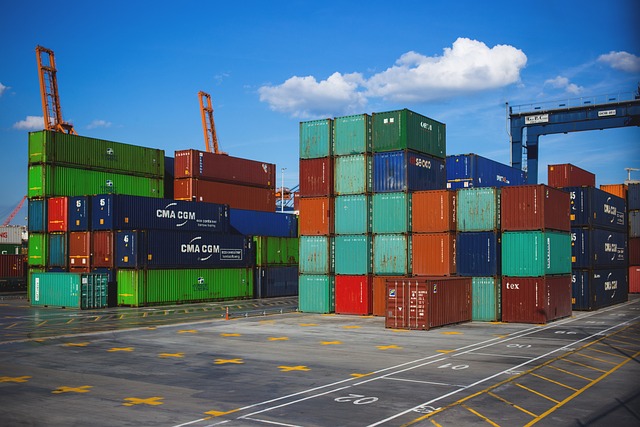Cargo insurance protects shipments from a number of risks that could put your investment at risk. As a global industry, well below 1% of cargo is uninsured.
But while everyone recognizes that they need insurance, they also want to know what is not covered. If you have cargo to ship, what needs to be excluded to reduce the cost of the policy?
In this article, we will review the cargo insurance exclusions and why they are in place. Here are five common exclusions found in cargo insurance. Keep reading to learn more.
-
Improper Packing
Without appropriate packing and protective measures, the cargo is at a greater risk of being damaged, stolen, or lost. Cargo insurance often excludes losses resulting from inadequate or improper packing. Cargo insurers will not accept responsibility for goods that aren’t properly packed or secured.
To further protect your goods, make sure to pack them securely. Read the fine print of your policy. This is to ensure that you understand what is and isn’t covered by your cargo insurance plan.
Click for flatbed truck insurance to learn more about trucking insurance and how to protect your business and your cargo.
-
Inherent Vice
Many cargo insurance policies exclude losses caused by the inherent nature of the goods being shipped. Examples of inherent vices include perishable goods, live animals, and items that are very delicate. While cargo insurance may be available for these items, these risks are generally not covered.
It is important to work with your insurer to understand the scope of your coverage and the cargo insurance cost. Also, properly pack and secure your goods prior to shipment.
-
Uninsurable Goods
Certain types of goods may be excluded from coverage due to their high risk or legal restrictions. Examples of uninsurable goods can include illegal substances and hazardous materials. Also, items with high theft potential, like cash or jewelry.
These items are considered too risky for insurance companies to cover. They can also pose a serious hazard to other cargo, drivers, and other personnel involved in the transport and delivery process.
-
Delay or Consequential Losses
Most policies specifically exclude delays or consequential losses. Delays can refer to damages accrued when goods arrive too late to be useful. Consequential losses are any indirect or consequential damage related to the delay.
It is important to remember that delays or consequential losses will likely not be covered by cargo insurance. Special arrangements may have to be made for coverage.
-
Natural Disasters
Excessive rain or snow, which causes spoilage of goods due to water penetration, would not be generally included. Earthquakes, floods, storms, and tsunamis are also typically excluded from most policies.
It is important to note that policies that do cover natural disasters may have strict limits on the amount of coverage offered. For shippers looking for specific coverage for this particular risk, specialized policies can provide more comprehensive protection.
Understanding Common Exclusions in Cargo Insurance
Cargo insurance can protect your business in the event of losses from transportation. However, it is important to recognize the common exclusions so that you are adequately covered. Be sure to speak with an insurance provider to discuss the specific type and scope of coverage best suited to your business needs.
For more helpful blog posts and advice on a range of topics, head to the blog now.

